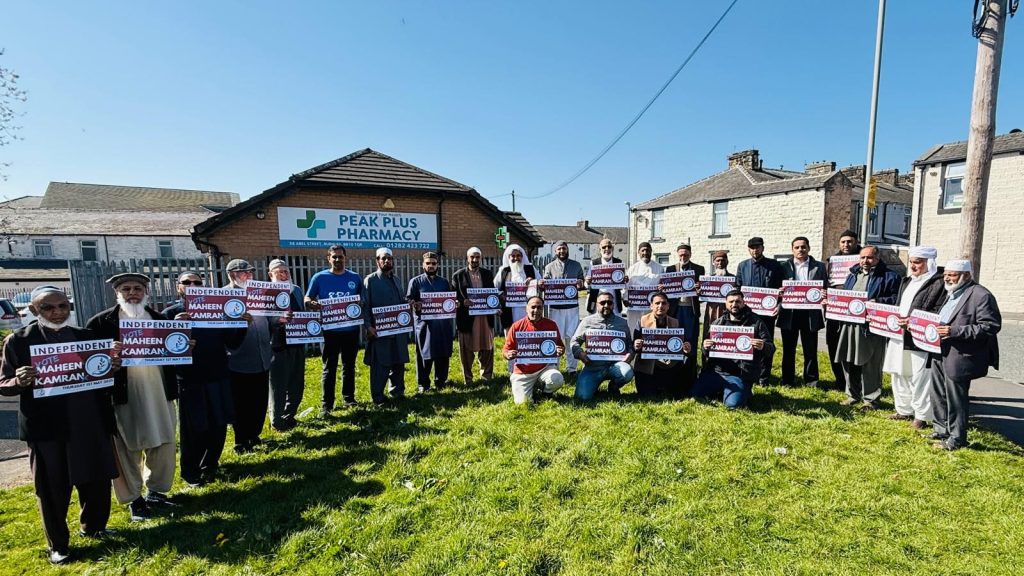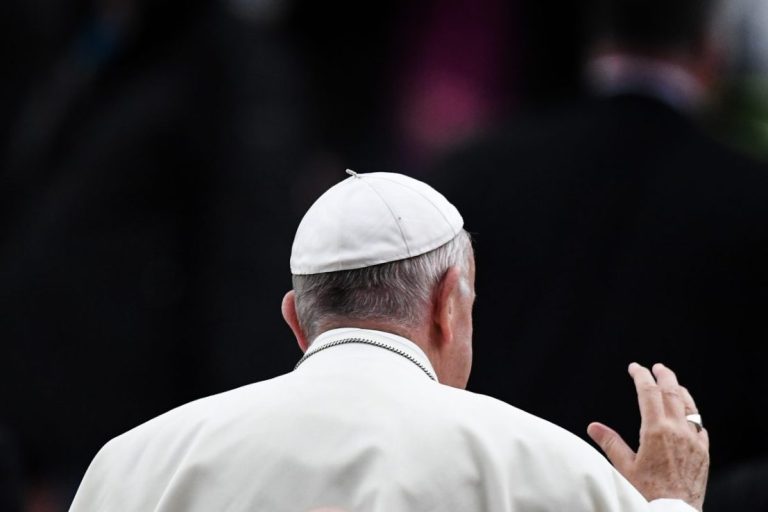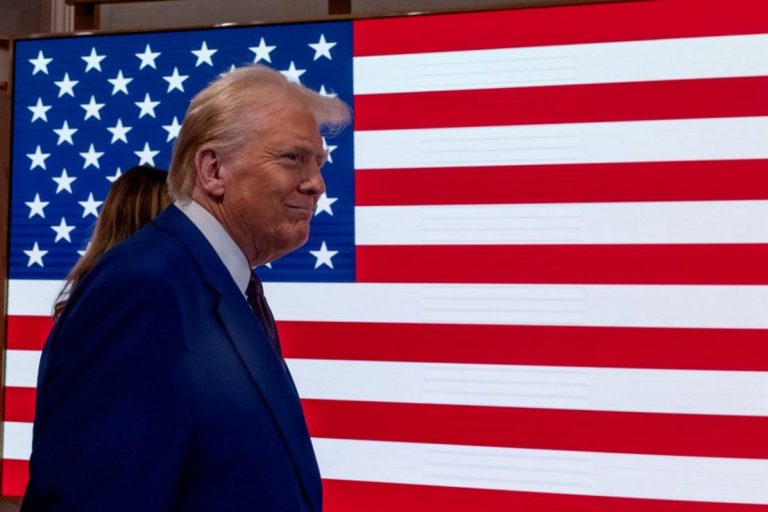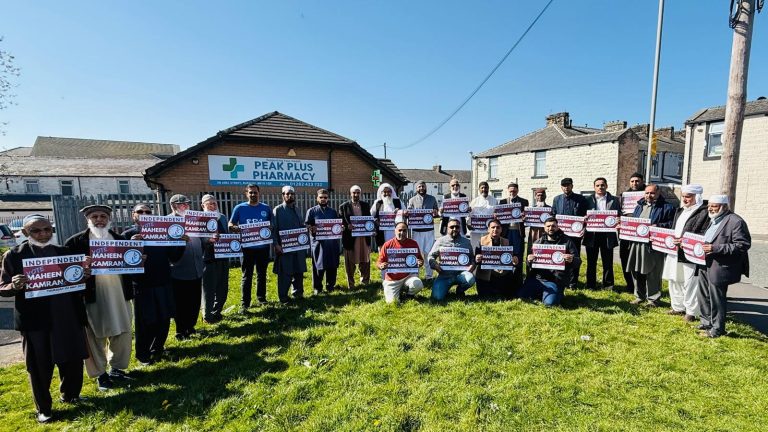
Labour Figures Concerned Over Increased Independent Gains in Local Elections
The Emerging Political Landscape
Amidst the ongoing conflict in Gaza, a new political dynamic is reshaping the landscape in some UK regions. The historical reliability of Muslim voters as part of Labour’s coalition is being tested as many within these communities feel disillusioned. Last year’s general election saw a significant shift with many Muslim voters supporting independent candidates. As the upcoming local elections approach, concerns within Labour circles grow regarding the potential continuation of this trend.
The spotlight for the local elections has largely been on Reform UK, with Nigel Farage’s party anticipated to make substantial gains from both the Conservative and Labour parties. However, underlying this is a pivotal storyline gaining traction in areas like Burnley. This subplot focuses on Gaza-centric independent candidates making headway in regions with significant Muslim populations, challenging Labour’s traditional stronghold.
Impact of the Gaza Conflict on Voting Patterns
The Labour Party, despite its overall success in the last general election under the leadership of Prime Minister Keir Starmer, witnessed unforeseen outcomes with high-profile losses. Notably, former shadow cabinet minister Jonathan Ashworth lost his Leicester South seat to Shockat Adam, an independent candidate. Similarly, Health Secretary Wes Streeting witnessed a dramatic reduction in his majority in Ilford North, showcasing the growing influence of independent candidates in constituencies with large Muslim demographics.
As these examples highlight, the question arises whether these results were anomalies or indicators of a more profound shift. If the latter is true, the implications for regions like Burnley in the upcoming elections could be significant. Lancashire County Council, historically a Conservative domain in affluent rural areas, now sees Labour’s urban support among Muslim communities wavering due to these emerging independents.
The Independent Surge in Burnley
In the backdrop of Burnley’s celebratory mood over its football team’s promotion to the Premier League, a narrative of socio-economic challenges persists. Burnley, grappling with post-industrial deprivation, shows record levels of youth poverty, sparking disenchantment among its residents. Rob Ford, a political expert from the University of Manchester, describes the « general level of discontent in the Muslim communities as very high, » exacerbated by Labour’s perceived inadequate response to the Gaza conflict.
Labour MPs, speaking to PoliticsHome, caution that while attention has been focused on Reform, the rising influence of independent candidates, particularly in pro-Gaza contexts, is a threat that should not be underestimated. This sentiment is echoed by voices within Labour urging for more nuanced engagement to address these electoral challenges.
Voices of Change and Independent Aspirations
Maheen Kamran, an 18-year-old aspiring medical student, epitomizes the new wave of political activism. Running as an independent for Burnley Central East, she cites the Gaza war as a primary motivator, advancing campaigns for better educational standards and culturally sensitive community spaces. Like Kamran, Usman Arif, another independent candidate, rallies for re-election on platforms opposing Labour’s Middle East stance, advocating for local issues such as infrastructure improvements.
Labour’s dominant presence in adjacent areas like Preston is also under scrutiny, with indications of waning support bolstered by examples such as Michael Lavalette’s strong independent showing during the last election. Lord Hayward, a seasoned pollster, warns that once voters break traditional allegiances, the impact is enduring, posing a prolonged challenge for reclaiming these votes.
Strategies for Labour’s Path Forward
Labour figures acknowledge the complex socio-political fabric where independent candidates have surged, intersecting lines of class, religion, and political disillusionment. This « unravelling of the social fabric » reveals a disconnection with traditional political structures. As Labour strategizes to stave off these challenges, the outcome of the upcoming local elections might offer crucial insights into the party’s adaptability and engagement with diverse voter bases.
The upcoming election results will not only reflect on Labour’s strategic orientation but could also redefine how political engagement and representation evolve in constituencies with significant Muslim populations, potentially heralding a new era of political dynamics in the UK.




